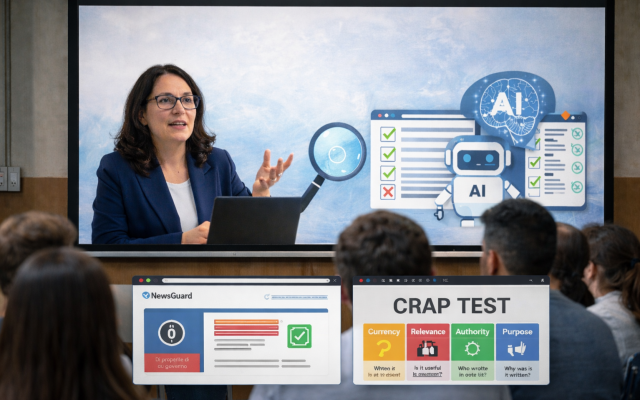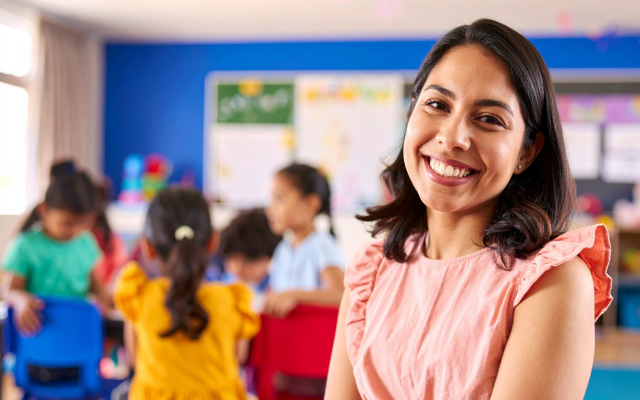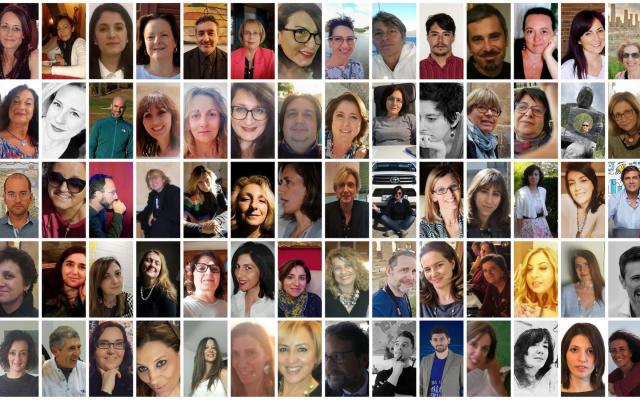Fortuna Testa’s experience with Project Fully Enjoy the Internet.
Fortuna Testa strongly believes in community, especially at school. She is part of the “Our School” Professors and eTwinning, the largest European community of teachers. Moreover, at the school where she teaches, the Istituto comprensivo San Giovanni Bosco in Naples, hse participated in the Kites Against Femicide initiative together with the twinned school in Slovenia to launch a global message of cordiality, respect, and tolerance. In this interview with Onelia Onorati, the professor speaks about her experience with Project Fully Enjoy the Internet.
How did you learn about Project Fully Enjoy the Internet?
I was interested in understanding how to help my students pursue on-line activities through a project that provided tools that could be fun. I discovered the Interland website and was immediately attracted to it. I spoke about it to Director Maria Giuseppe Dolce, and we decided to involve other teachers. Together with the Fondazione Mondo Digitale, we established a schedule of meetings dedicated to parents, published it on our website, and promoted it through our intranet. We received the Interland board game and are currently using it in all primary and secondary school classes.
What struck you about the game and the other project activities, like meetings and labs?
Working with children aged 6-10, I found the game attractive to them. The issues addressed are compatible with their age and the labs are active and keep them interested. We started creating coloured masks to wear in on-line meetings and videos, thereby increasing their understanding of privacy.
How can we introduce the project tools dedicated to security and digital wellbeing to students?
The topic that I feel is most useful for the age of my students and that I love to repeat in class is that of passwords and behaviour towards unknown people. They are the most functional tools and are adequately addressed both through the on-line game and in the meetings.
Was there a moment when you felt particularly close to the issues you face every day as a teacher?
What struck me the most was the parents’ attitude during the meeting with the postal police. The families finally found a reliable reference point in case of need. And I was also impressed by the on-line labs that I will continue to participate in next year. In particular, I remember a meeting on words. That’s when I understood that we can ask students to understand others, asking themselves how they would feel about certain words, especially if they were offensive ones. In this same context, it is useful to have children describe experiences that scared them or the words they do not like and should not be used for others. This is my favourite part of this project: giving weight to words. Indeed, one component of this led to the kite initiative, focusing on the kind words to use on the kites.





